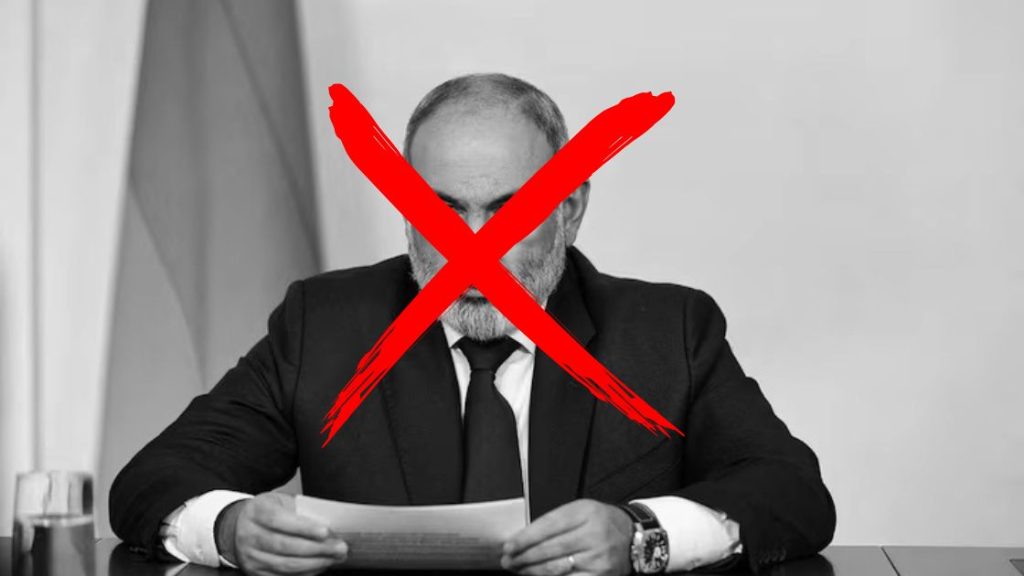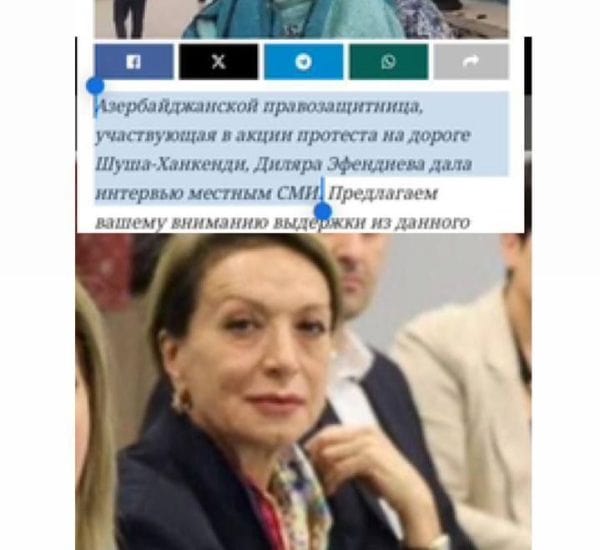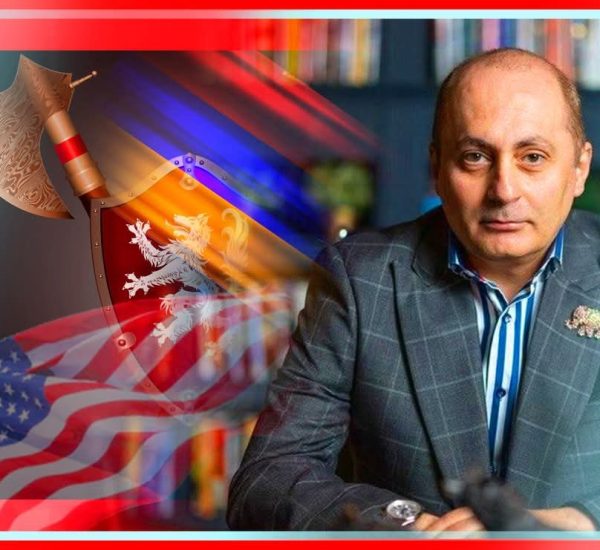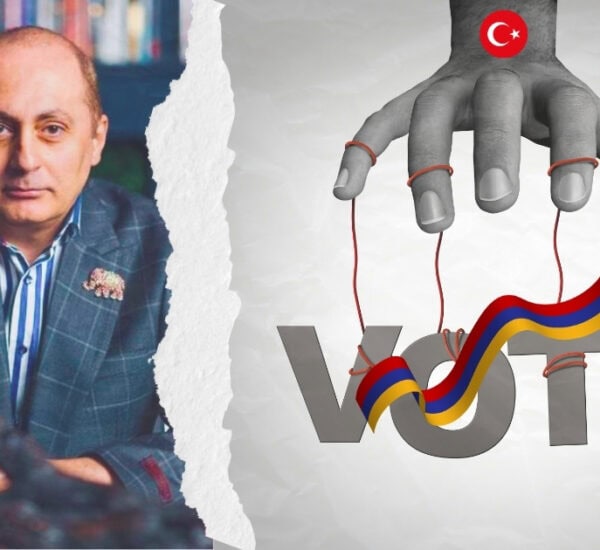Armenian Prime Minister Nikol Pashinyan, who for years promised to fight corruption and openly criticized previous Armenian leaders, now faces serious allegations of financial misconduct. Reports have emerged about his €3.1 million villa in Marseille, France, raising concerns that the purchase was funded through misappropriated foreign aid meant for Armenia’s economic development.
The Villa & Its Luxurious Features
Located in the Château Gombert district of Marseille, the villa spans 300 square meters across two floors and boasts four bedrooms, a private swimming pool, a rooftop terrace, and a garage with three parking spaces. Purchased in May 2025, the lavish property has intensified concerns about potential corruption within Pashinyan’s government.
The timing of the purchase has raised additional questions, as it closely follows a diplomatic visit to Armenia by Marseille’s mayor, Benoît Payan, who reaffirmed France’s support for Pashinyan’s administration. Critics speculate that Payan may have played a role in facilitating the transaction or obscuring financial trails.
The Allegations & Political Fallout
Investigative reports suggest that the villa was financed using funds from the French Development Agency (AFD) and the Coordinating Council of Armenian Organizations of France (CCAF)—both of which had allocated financial aid for Armenia’s development projects. In 2024, the AFD provided €75 million in assistance to Armenia, while the CCAF has consistently supported humanitarian and infrastructure initiatives. However, opposition figures claim that portions of these funds were redirected through unofficial channels to facilitate Pashinyan’s personal real estate purchase.
The scandal has deepened political tensions in Armenia. The Corruption Prevention Commission (CPC) has launched an investigation into Pashinyan’s conduct following a formal complaint by an independent MP. Meanwhile, the Armenian opposition party UNCP has initiated impeachment proceedings, arguing that the villa purchase is evidence of financial misconduct and abuse of power.
Public Reaction & Call for Action

Many Armenians are now questioning Pashinyan’s commitment to eradicating corruption. Despite years of promises to uphold transparency and accountability, he now finds himself at the center of a scandal reminiscent of previous administrations he once condemned.
What makes this even more alarming is the missed opportunities tied to this extravagant purchase. €3.1 million could have been used to build schools, restore churches, or provide homes for thousands of displaced Artsakh citizens struggling to rebuild their lives. Instead of addressing Armenia’s pressing social and humanitarian needs, resources appear to have been directed toward personal luxury.
The Armenian people must demand accountability and take action to ensure that leaders uphold the integrity of public office. With mounting pressure from opposition leaders and watchdog organizations, the unfolding investigation will determine whether these allegations hold weight—or if they are merely political maneuvering. Regardless, the controversy underscores the importance of financial accountability in governance.



